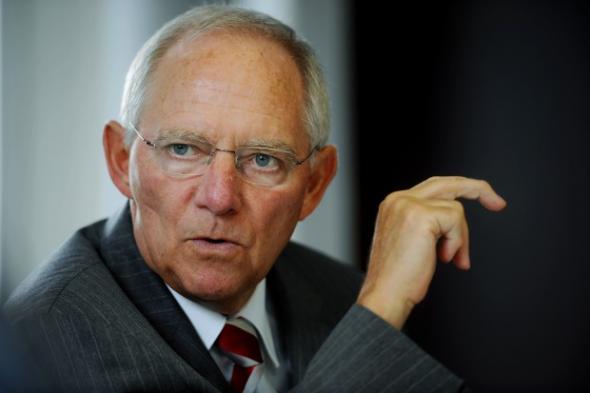In order to stay in the Eurozone, the Greek Prime Minister Alexis Tsipras accepted to make almost the same proposals that were rejected during the Greek Bailout Referendum of 25 June 2015. In spite of this, these are the comments of the Minister of Finance of Germany, Wolfgang Schäuble, to the proposal of the Greek government.
On 9 July 2015 Greece has submitted a list of proposals. These proposals are based on and even fall behind the latest aide memoire that was drafted by the Troika to conclude the review under EFSF. However Greece was notable to conclude the review.
These proposals lack a number of paramount important reform areas to modernize the country, to foster long term economic growth and sustainable development. Among these, labour market reform, reform of public sector, privatisations, banking sector, structural reforms are not sufficient.
This is why these proposals can not build the basis for a completely new, three year ESM program, as requested by Greece. We need a better, a sustainable solution, keeping the IMF on board. There are 2 avenues now:
1. The Greek authorities improve their proposals rapidly and significantly, with full backing by their Parliament. The improvements must rebuild confidence, ensure debt sustainability upfront and the successful implementation of the program – so as to ensure regained market access after completion of the program. Improvements include:
a) transfer of valuable Greek assets of [50 bn] Euros to an external fund like the Institution for Growth in Luxembourg, to be privatized over time and decrease debt; b) capacity-building and depolitizising Greek administrative tasks under hospices of the COM for proper implementation of the program; c) automatic spending cuts in case of missing deficit targets.
In parallel, a set of financing elements would be put together to bridge the time gap until a first disbursement under the enhanced program could be made. This means the existing risk of not concluding a new ESM program should rest with Greece, not with Eurozone countries.
2. In case, debt sustainability and a credible implementation perspective can not be ensured upfront, Greece should be offered swift negotiations on a time-out from the Eurozone, with possible debt restructuring, if necessary, in a Paris Club – like format over at least the next 5 years. Only this way forward could allow for sufficient debt restructuring, which would not be in line with the membership in a monetary union (Art. 125 TFEU).
The time-out solution should be accompanied by supporting Greece as an EU member and the Greek people with growth enhancing, humanitarian and technical assistance over the next years. The timeout solution should also be accompanied by streamlining all pillars of the Economic and Monetary Union and concrete measures to strengthen the governance of the Eurozone.
You can download the document HERE
grexit_bundesregierung_non_paper_10_juli_2015


